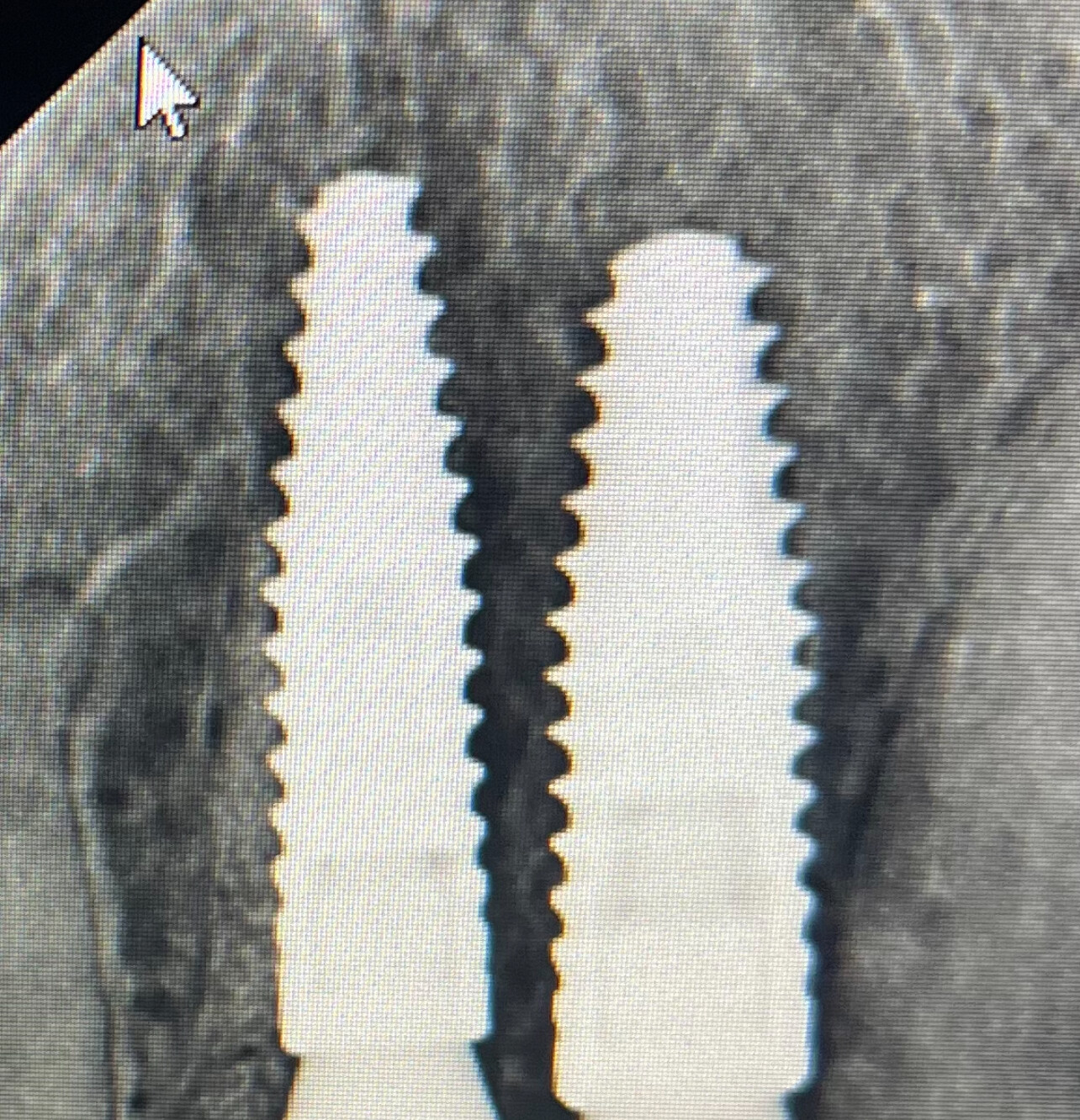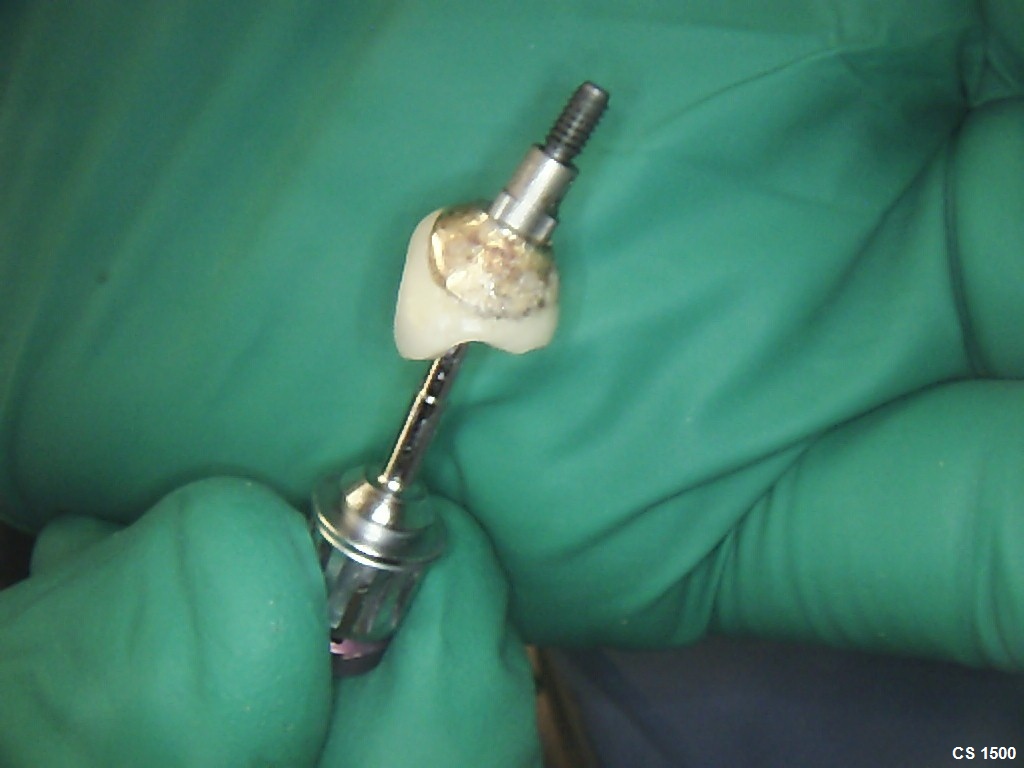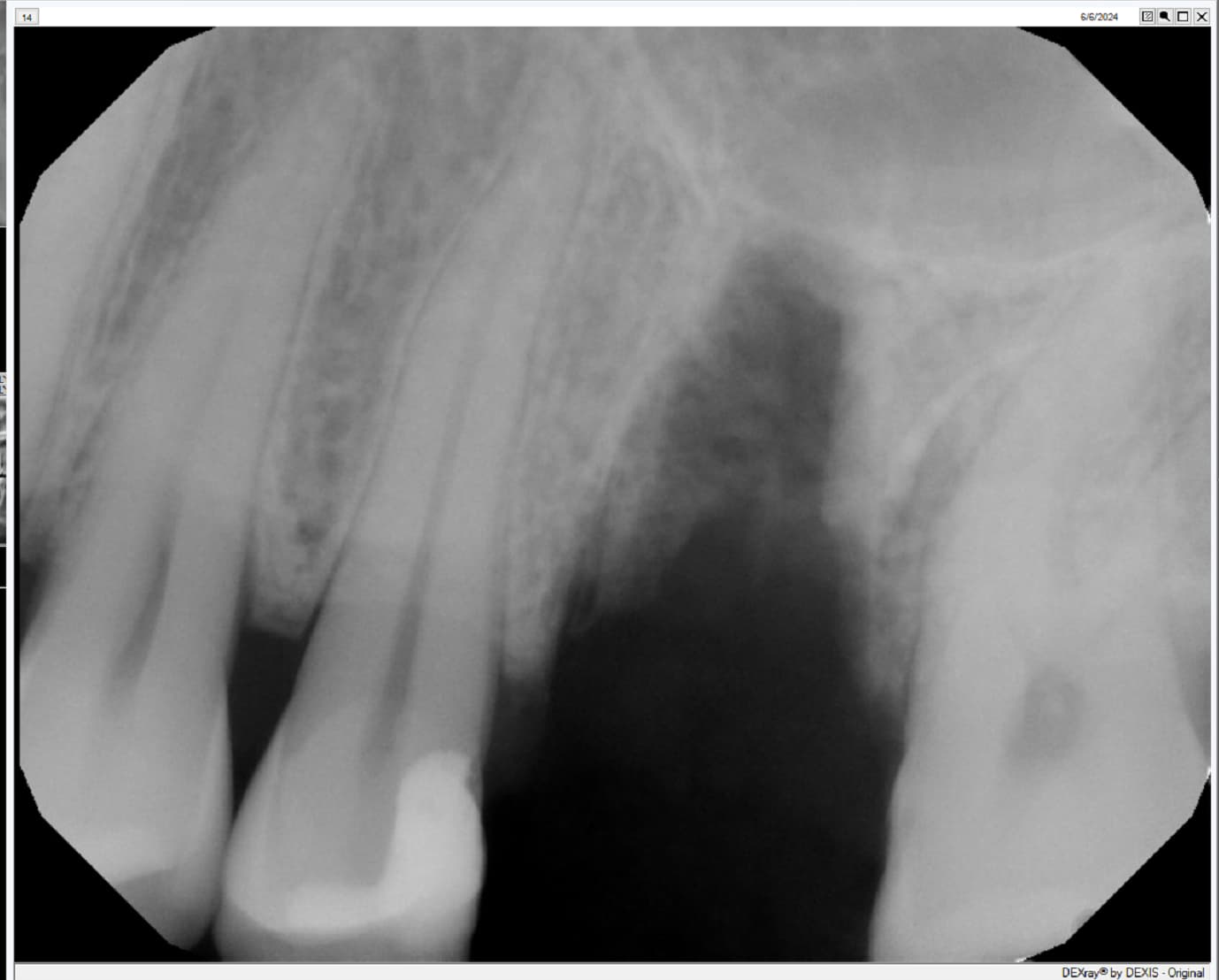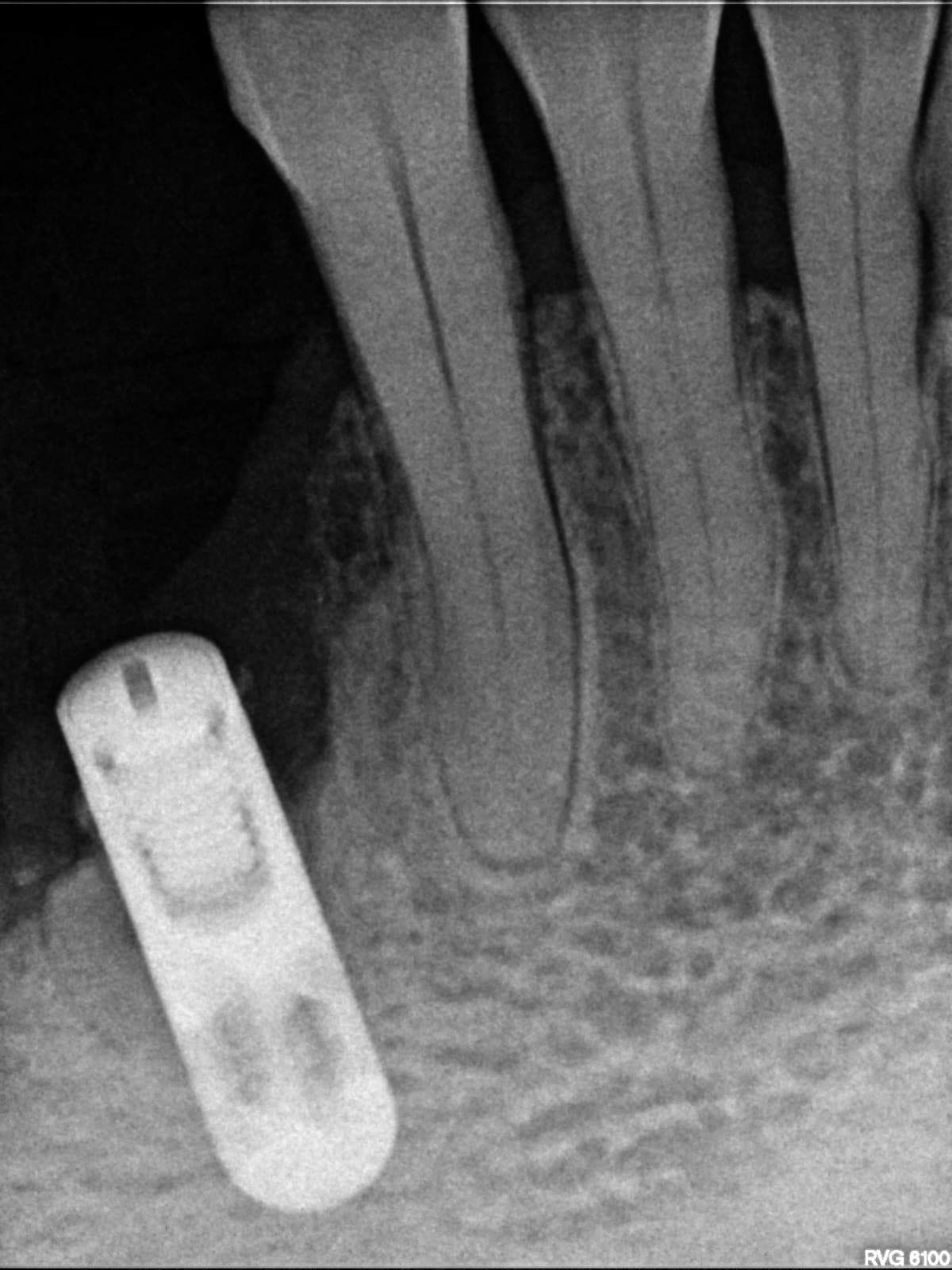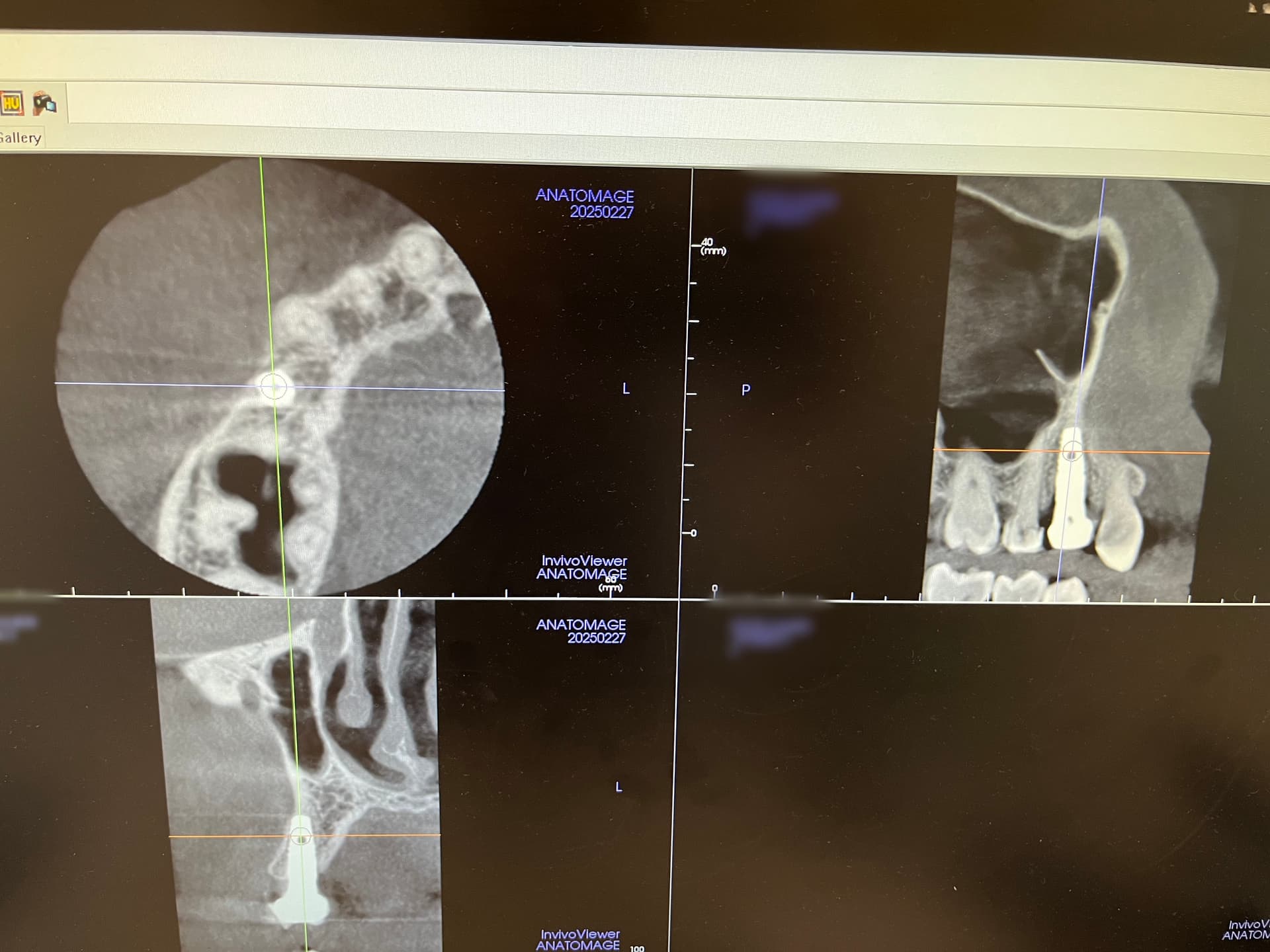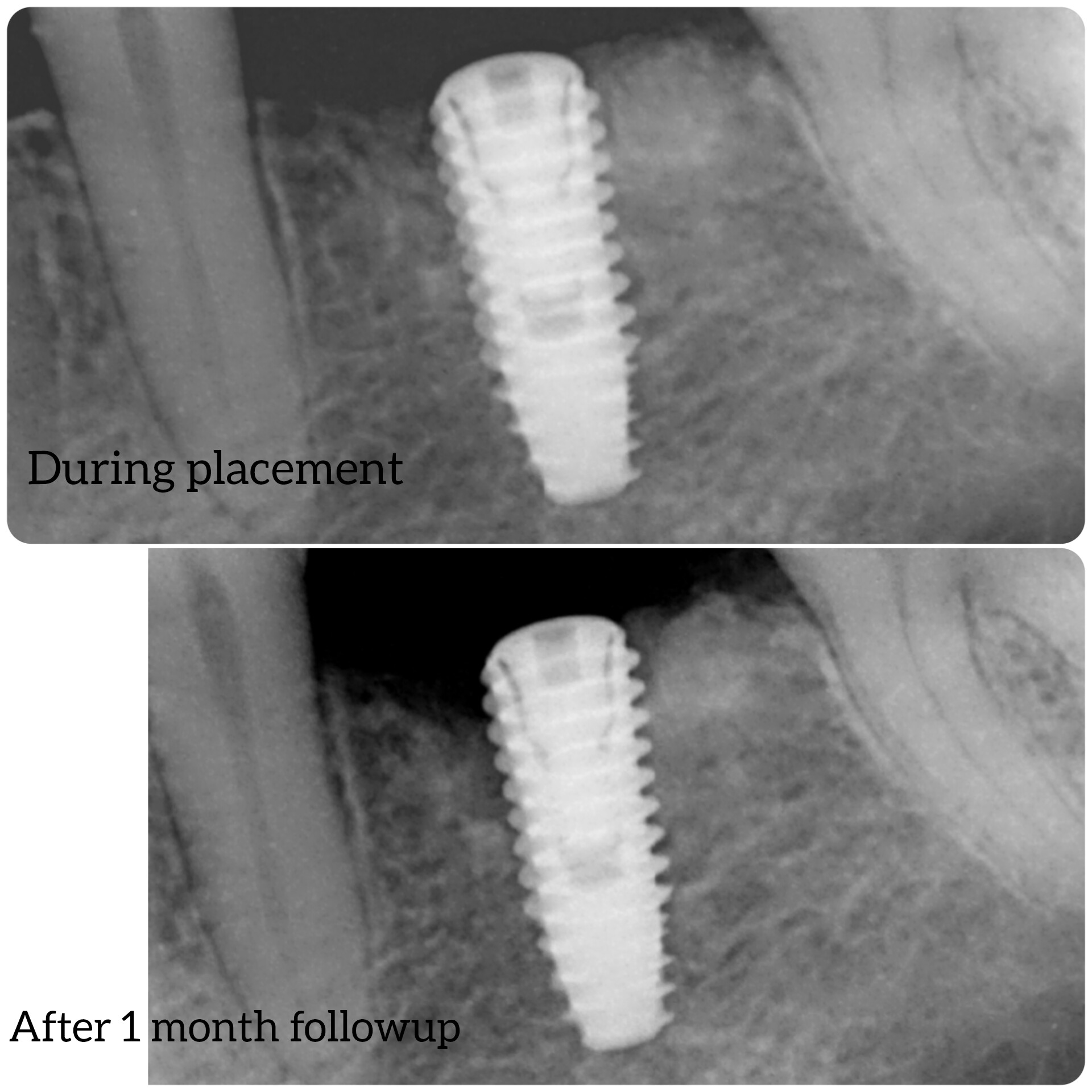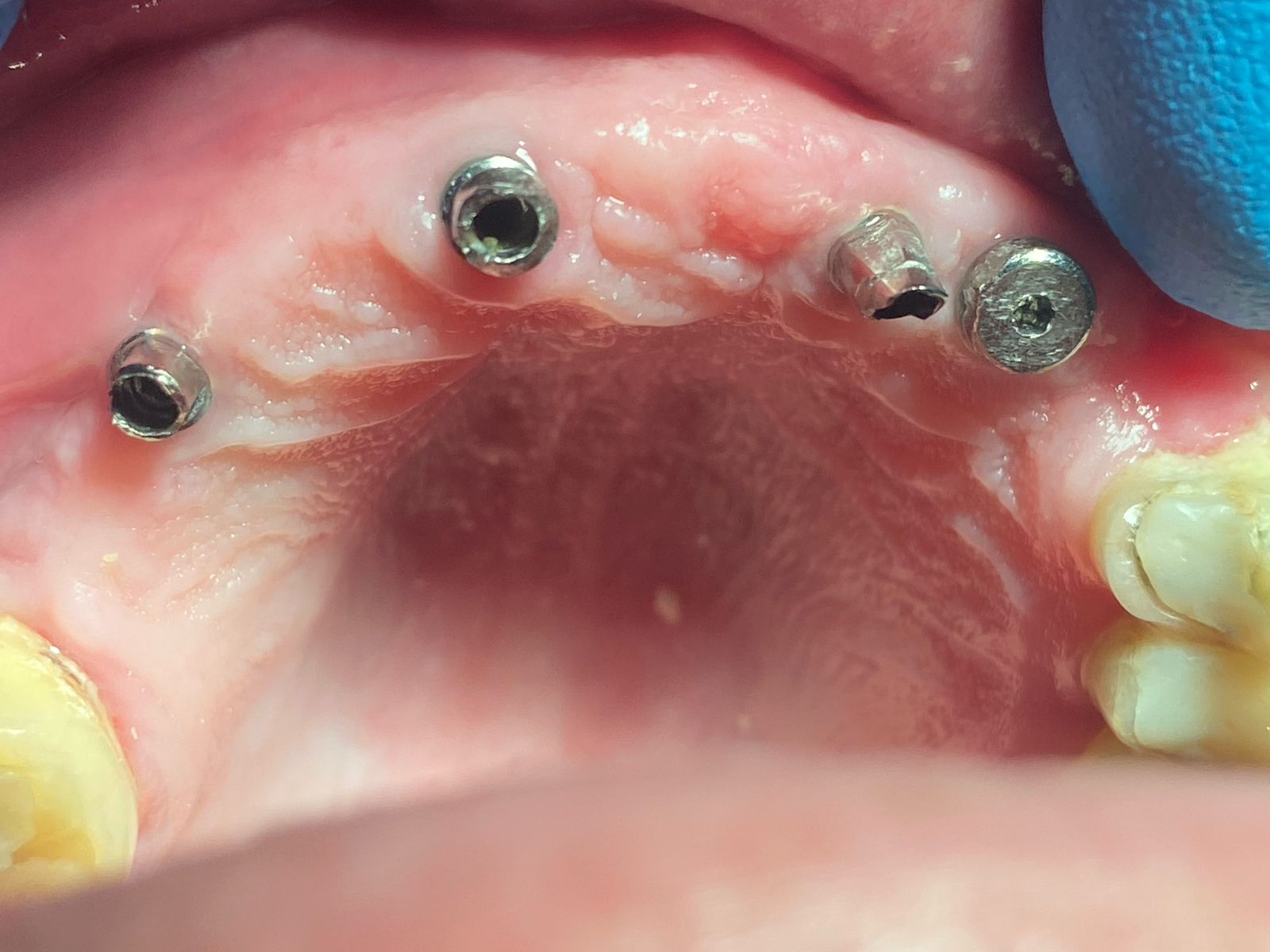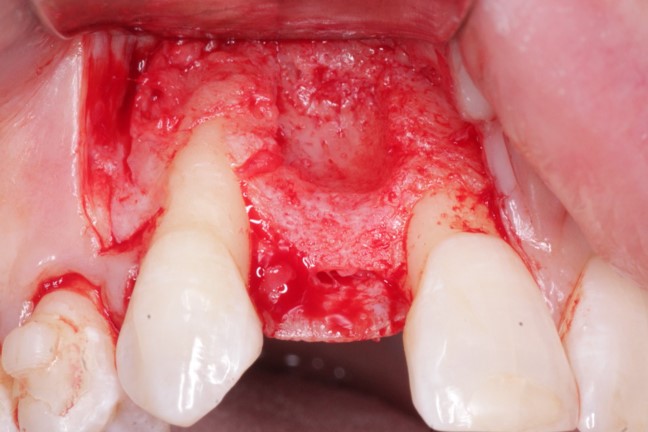Implant Patient with Horrible Sinus Issues: Take Off Steroids?
Dr. S asks:
I am an Internist and one of my patients had bone grafting done in preparation for dental implants. She has HORRIBLE sinus issues and we are headed into her bad season. She usually requires 1-2 courses of oral prednisone for her sinusitis per year. Her oral surgeon told her she could not use any steroids for at least 3 months. I can’t seem to find any data on this but I am probably not looking in the right places. Can you help or direct me to some good studies? (Right now we are trying to treat her sinuses with other means.)
Thanks in advance for any comments.
7 Comments on Implant Patient with Horrible Sinus Issues: Take Off Steroids?
New comments are currently closed for this post.
Doctorberg
11/11/2008
I usually read a lot and never seen a study correlating sinus lift failure and steroids... there are some studies that consider steroid use like asthma inhalers and such as a risk factor for implants but for no mention of sinus lift....
If she has had repeated sinus problems over the years she is not a good sinus lift candidate and you went on and got it done anyway, I would say that is the issue not the steroids.
I would say that if she is not having problems with the lift(infection or such) and it has been more than 8 weeks, let her use her steroids courses but as a precaution keep her under close observation, just in case
luck
Francisco
11/12/2008
You must tell your patient to change her oral surgeon... there is no evident relationship between sinus lift and steroids. Otherwise there is a strong relationship between sinus lift failure and sinus pathology like sinusitis.
james d kassolis dds
11/12/2008
i have worked extremely close with ENT's evaluating the anatomy and the health of the maxillary sinus in preparation for subantral augmentations. primary concern is the present health of the sinus which is determined with a CT as a primary diagnostic tool. if there is mild abnormalities such as chronic inflamatory tissue in the sinus or if the hiatus semilunaris is constricted then the treatment of choice in preparation for augmentation is treatment with steroids and antibiotics. subsequent to this a repeat of the CT will confirm resolution of the concerns. If the sinus is severely involved with constriction of the hiatus and large chronic tissue in the cavity, then antrostomy procedures need be done to open the communication between the nasal cavity and the sinus. the major copncern with the augmentation is the initial swelling immediately after the augmentation. during normal healing the swelling resolves and no chronic lesion occurs, if the swelling persists then a block of the hiatus can cause and initiate a secondary inflamation and possible infection concern. Once I have a proper diagnosis, antibiotics and dexamethasone is used routinely to minimize swelling post surgery and minimize concerns with chronic changes. There is no data to show a concern with treatment with steroids and healing of an augmentation. if chronic long term steroid therapy is involved then normal healing is altered and adjustment of the med is necessary
Dr. Mehdi Jafari
11/14/2008
Every attempt to manipulate any part of the normal antral anatomy (e.g. Schneiderian detachment and floor lifting), or its physiology, may result in some degrees of inflammation which may lead to a chronic one if left untreated.Nadel et al( Nadel DM, Lanza DC, Kennedy DW. Endoscopically guided cultures in chronic sinusitis. Am J Rhinol 1998; 12:233-41) reviewed 507 endoscopically guided cultures obtained from 265 patients. They found that gram-negative rods were present in 27% of cultures and were more common in patients who had previously undergone sinus surgery or who were using irrigations. Pseudomonas aeruginosa strains were more common in patients who were taking systemic steroids. Coagulase-negative staphylococci were present in the same proportions of patients and controls, but they were more prevalent in cultures obtained intraoperatively and in patients who were taking systemic steroids.As you see, there is always a chance of flare-up, antral empyema, and potential infection and/or resorption of grafted materials. In my opinion, that oral surgeon should be praised istead of changed.
cory c.
11/14/2008
just clinical observation and anectodal info but i've experienced a higher failure rate of implant integration w/ patients on steroids.don't they as a group inhibit calcium deposition and bone growth?maybe the o.s. was thinking of best chance for sinus graft to take.look up some histo reports on sinus grafts in journal of oral implantology
dr med.dr. med.dent. A. R
11/17/2008
at first i would resolve the antral problems eventually with a good washing of the same with 10 ml. and 500 mg of rifocin (rifamicina sodica) and then drainage for several times during the recrudescece of sinusit. This is metodic that i have oft used in theese years with good results.
second: i have at time never seen any interference between grafting and the use of corticoid (betametasone for example).
Sarita RDH
11/1/2011
I'm looking for research regarding this as well. However, it should be noted that the procedure done at the oral surgeon was "bone grafting" and this is NOT the same as sinus lift. Dental implant placement does not always require a sinus lift but bone integrity is a concern with, or without, the lift.










